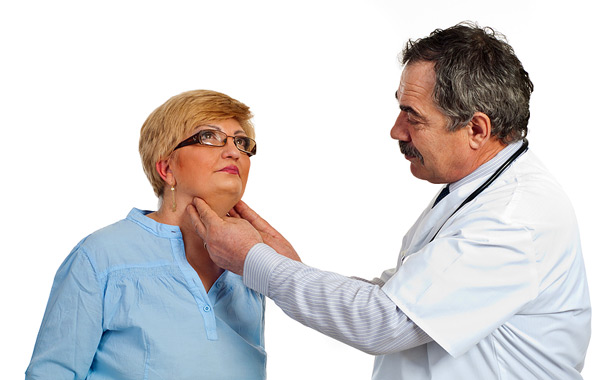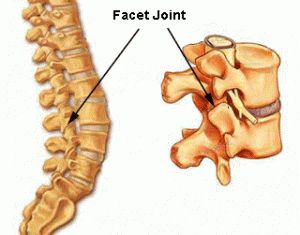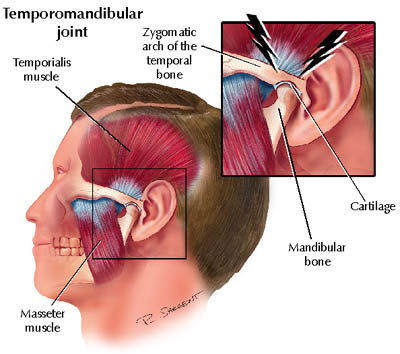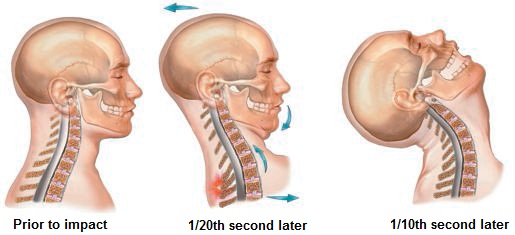S0me information regarding common head and neck related conditions…
Facet Irritation or Joint Irritation
Facet irritation refers to inflammation in the joints of the neck (cervical) or back (lumbar).
Chiropractic:
Chiropractic adjustments help restore motion to restricted segments of the spine and reduce inflammation. Soft tissue techniques are used to address surrounding tight musculature.
Massage Therapy:
Massage therapy will decrease pain and inflammation in your head and neck, as well as loosen surrounding musculature. Massage therapy also helps the body hold a chiropractic adjustment by relaxing the muscles.
Headaches:
There are many types of headaches that you may experience related to both head and neck pain. Some result from muscle tension, stress, or food allergies, and some are hereditary. They may be connected with prolonged visual strain, stress, anxiety, trauma, etc..
Chiropractic:
Chiropractic adjustments remove the nerve and spinal stress caused by spinal distortion. This distortion, if not addressed, can damage your nerves, cause inflammation to tissues, and cause muscles to tighten. Muscle tension headaches, or “stress headaches,” make up 90% of all headaches. Many patients find relief from their migraines through chiropractic care. In conjunction with spinal adjustments that help to realign the vertebrae, soft tissue techniques such as trigger point therapy may be used to help relax tight muscles.
Massage Therapy:
Massage therapy reduces the firing of the nervous system which helps to normalize muscular tone. Painful muscle spasms are reduced by treating trigger points, and circulation is increased to compromised tissue. During the course of a headache, massage is used to induce relaxation.
Temporal Mandibular Joint (TMJ) Dysfunction
TMJ Dysfunction or syndrome is a popular term to describe a disorder of the jaw joints or the muscles that control the joints around it. TMJ syndrome occurs when the joint is misaligned or functioning improperly. Symptoms include headache, inability to open the jaw, and a clicking and/or popping sound when the mouth opens or closes.
Chiropractic:
Chiropractic adjustments will address any problem areas of the neck that may mimic symptoms of TMJ dysfunction. Restrictions found in the TMJ itself will be adjusted to restore proper motion and function. The intrinsic muscles of the jaw are often tight and spasm in this condition. Soft tissue techniques are used to relax the muscle and restore proper TMJ function.
Acupuncture:
Acupuncture, in conjunction with other treatments, speeds up the healing process, and decreases inflammation. Acupuncture does this by stimulating the natural release of endorphins, which are the body’s natural pain killers. Dr. Rodwin is a certified acupuncturist and will recommend this method of treatment if it is warranted.
Massage Therapy:
Massage therapy reduces pain from compromised tissue and increases relaxation in the muscles of the jaw. Treatments increase the range of motion of the joint and decrease any scar tissue that may have formed. In the long term, massage will restore optimal joint mechanics of the TMJ, as well as muscle strength.
Whiplash
Whiplash is a term used to describe an injury to the soft tissues of the neck that occurs from a sudden backward jerking of the head.
Whiplash can be mild to severe. It starts with neck soreness and stiffness and may develop into a headache, dizziness, numbness, and pins and needles into the arm and hand. Whiplash causes misalignment of the spinal bones, thereby irritating spinal nerves.
Chiropractic:
Chiropractic adjustments realign the spinal column. If whiplash injury is not addressed, structural integrity of the spine may be compromised. As a result, the spine will not heal properly and may develop arthritis and disc problems years later. Interferential current may be used to help relax the surrounding muscles and decrease pain and inflammation. Ice, trigger point therapy, and later, stretching and strengthening exercises may also be prescribed as part of the treatment program.
Acupuncture:
Acupuncture, in conjunction with other treatments, speeds up the healing process, and decreases inflammation. Acupuncture does this by stimulating the natural release of endorphins, which are the body’s natural pain killers. Dr. Rodwin is a certified acupuncturist and will recommend this method of treatment if it is warranted.
Massage Therapy:
Massage therapy helps reduce pain, inflammation, muscle spasms and trigger points. Ranges of motion are maintained and adhesions in the tissue eliminated. Adhesions can be eliminated with use of the ART. Massage therapy addresses any accompanying symptoms and helps strengthen weakened muscles.





